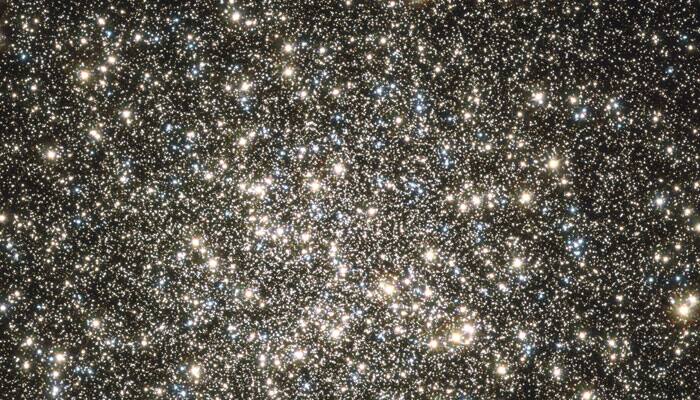Washington: A new research has revealed the discovery of an unusual carbon-based molecule with a branched structure within a giant gas cloud in interstellar space, suggesting life origins.
According to the astronomers from Cornell, organic molecules usually found in these star-forming regions consist of a single "backbone" of carbon atoms arranged in a straight chain.
Researcher Rob Garrod said that the carbon structure of isopropyl cyanide branches off, making it such a molecule's first interstellar detection, which opens a new frontier in the complexity of molecules that can be formed in interstellar space and that might ultimately find their way to the surfaces of planets.
The branched carbon structure of isopropyl cyanide is a common feature in molecules that are needed for life, such as amino acids, which are the building blocks of proteins.
This new discovery lends weight to the idea that biologically crucial molecules, like amino acids that are commonly found in meteorites, are produced early in the process of star formation, even before planets such as Earth are formed.
Lead author Arnaud Belloche said that understanding the production of organic material at the early stages of star formation is critical to piecing together the gradual progression from simple molecules to potentially life-bearing chemistry.
The study is published in the journal Science.
















